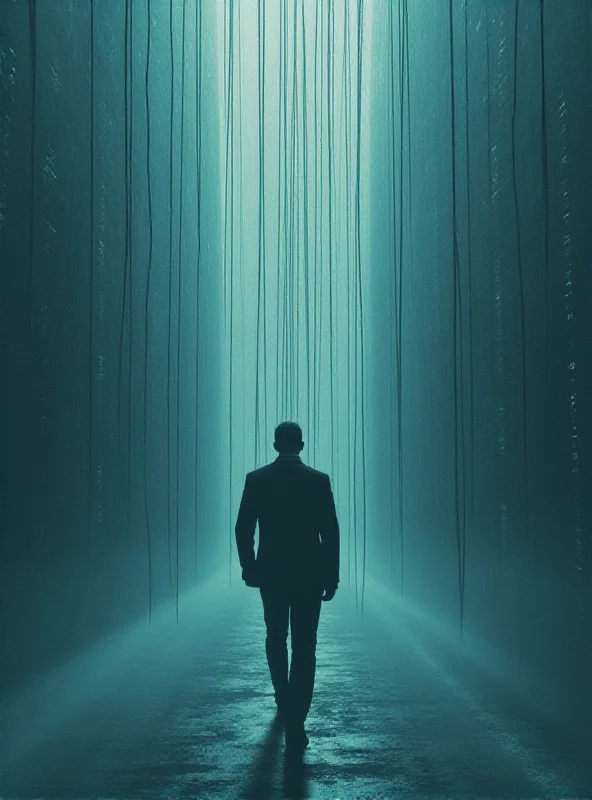The technology landscape is constantly evolving, and 2024 and 2025 are shaping up to be pivotal years. From legal considerations surrounding innovation to innovative security measures and philosophical debates about digital freedom, the tech world is buzzing with activity.
Navigating the Legal Maze of 2025
As technology advances, so must the legal and regulatory frameworks that govern it. Looking ahead to 2025, it's crucial to understand how these frameworks will influence the direction of technological innovation. What new laws will emerge to address the challenges posed by AI, blockchain, and other emerging technologies? How will these regulations impact global advancements? These are the questions that tech leaders and policymakers are grappling with today.

One thing is clear: a proactive approach to legal and regulatory issues is essential for fostering innovation while mitigating potential risks. Staying informed and engaged in these discussions is vital for anyone involved in the tech industry.
Ransomware Relief: A Turning Tide in Cybercrime?
In a welcome development, 2024 has seen a significant decrease in ransomware payments. Reports indicate a 35% drop, signaling a potential shift in cybercriminal activity. What's driving this decline? Is it due to improved security measures, increased law enforcement efforts, or a change in tactics by cybercriminals themselves?
This decrease offers a glimmer of hope for businesses constantly under threat from cyber extortion. While vigilance remains crucial, the decline in ransomware payments suggests that the tide may be turning in the fight against cybercrime.
Protecting Freedom in the Digital Age
Amidst the rapid advancement of technology, philosophical questions about freedom and control are becoming increasingly relevant. Miguel Benasayag, an Argentine-born philosopher and psychoanalyst, urges us to consider our role in a world dominated by machines and artificial intelligence. He cautions against surrendering our freedom to a "digital dictatorship," where technology controls our lives.

Benasayag's perspective highlights the importance of critical thinking and ethical considerations as we navigate the digital landscape. We must actively shape the future of technology to ensure it serves humanity, rather than the other way around.
Smelling Trouble: An Innovative Anti-Theft Solution
In a truly unique approach to security, Aïko, a 22-year-old student from Lyon, has invented the CactUs Lock, an anti-theft device that uses a decidedly unpleasant deterrent. This innovative lock releases a gas based on putrescine, the molecule responsible for the smell of decay. The idea? To make stealing a two-wheeler so repulsive that thieves won't even attempt it.

“The smell is totally horrible,” Aïko says, emphasizing the effectiveness of the device. The CactUs Lock demonstrates the power of creative problem-solving and thinking outside the box when it comes to security.
The Road Ahead
From legal considerations to innovative security measures and philosophical debates, the technology landscape is dynamic and complex. As we move forward, it's essential to stay informed, engaged, and proactive in shaping the future of technology for the benefit of all.
